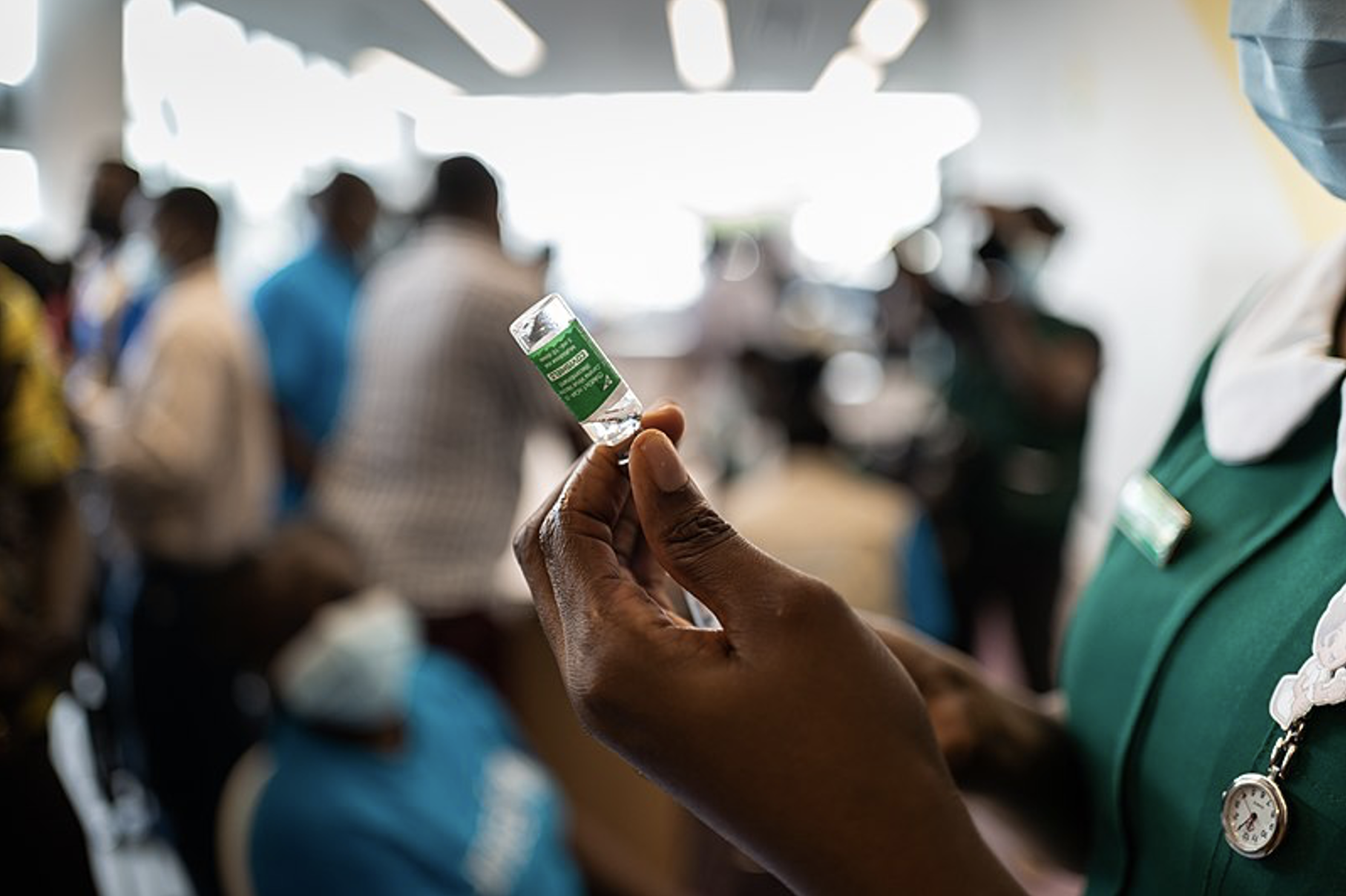Demand for COVID-19 vaccines in Ghana
COVID-19 vaccine hesitancy is higher among the urban poor than the general population in Ghana. A University of Ghana and ETH-NADEL policy brief analyses the demand for the vaccine in poor settlements in Accra and sheds light on the drivers of and barriers to demand.

Vaccine availability is not the only challenge standing in the way of national and global herd immunity, which requires over 85% of the population to be vaccinated. Vaccine hesitancy is another global concern. In our study, we find that in Ghana only 70% of the urban poor are willing to receive a vaccine.
Concerns about side effects and effectiveness are major barriers, while general vaccine hesitancy does not seem to be an issue – different to many other countries. Knowledge about COVID-19 and trust in the government are essential for creating a positive attitude towards vaccines.
Based on the results of this survey, the authors of the policy brief, Koku Awoonor-Williams, Edward Asiedu, Kathrin Durizzo, Isabel Günther, and Dawit Sebhatu emphasize that increasing the population's knowledge about the pandemic and trust in the government is crucial for a successful vaccination campaign. Furthermore, authorities are strongly encouraged to maintain the policy of voluntary and free COVID-19 vaccination.